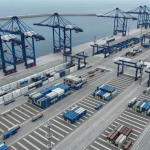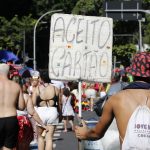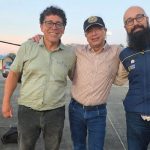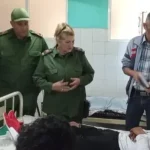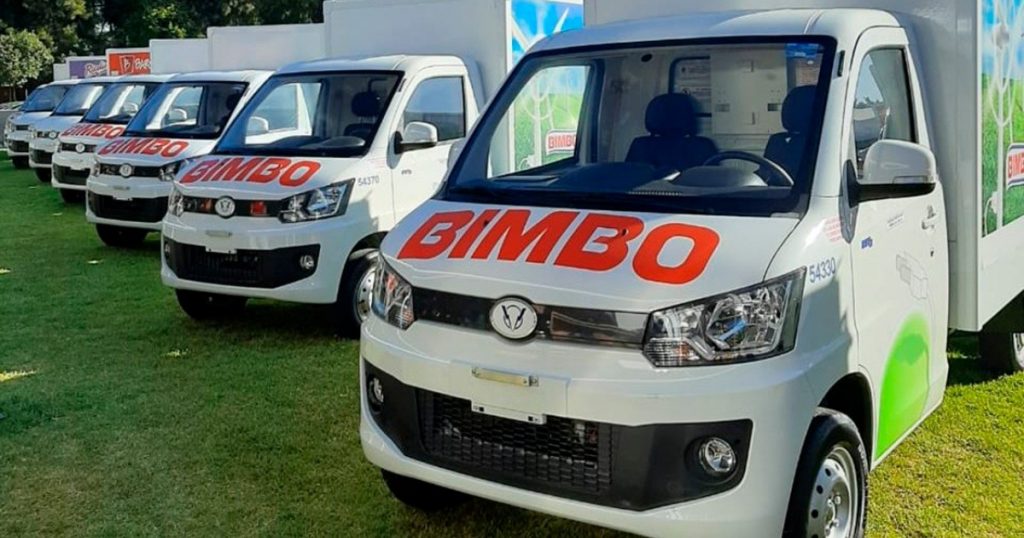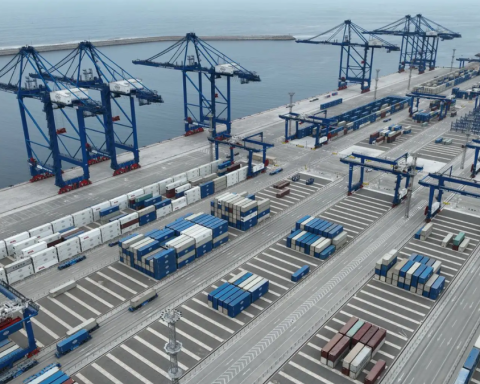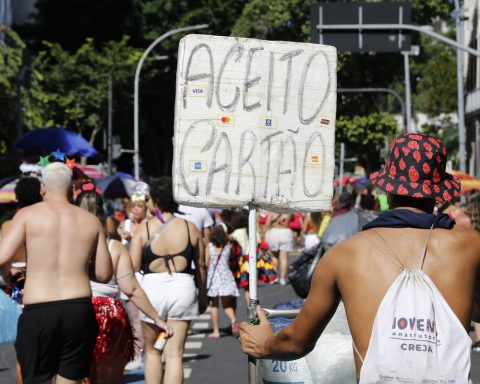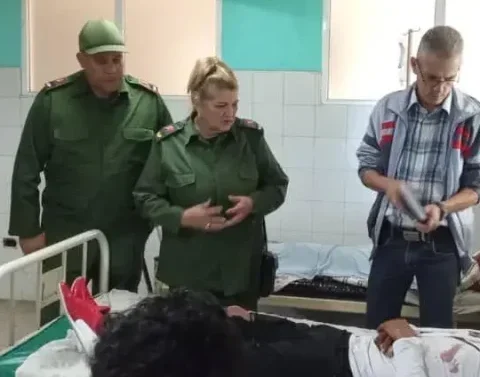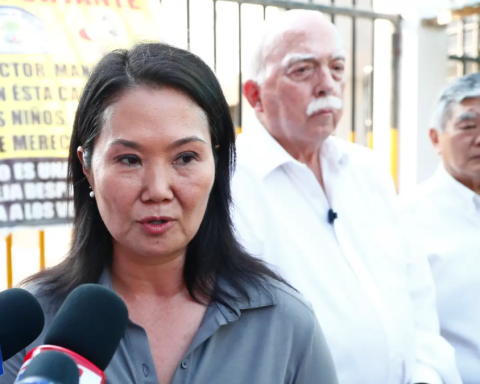The projects of dozens of Nicaraguans are on hiatus. Yuditt aspired to buy a vehicle for his tour operator and tour the country; “Verónica” wanted to open her physical clothing store, and Sara Lila hoped that the entrepreneurial project she was applying to would be realized at once; but none of the three occurred. The common denominator is the political turbulence that the country is going through.
Those who have businesses remain in a kind of stand by, take care of their capital against the possibility that the economy collapses as a result of the sociopolitical crisis, which has already caused the collapse of Foreign Direct Investment (FDI), going from 837.6 million dollars in 2018 to 182.3 million received in 2020, according to data from the Central Bank of Nicaragua.
Sara Lila Cordero, founder of La Fábrica – an initiative that promotes entrepreneurial culture in Nicaragua – details that, since 2020, innovative ideas that required seed capital of more than $ 10,000 began to disappear.
The new business plans that the entrepreneurs complete through the La Fábrica website were for “survival”, with an initial investment of $ 1,000 to $ 5,000; amounts that in the business world are considered small, explains Cordero.
During the last year about 200 people completed the business plan and more than 80% proposed “traditional ideas of survival to the economic crisis”.
“All (the entrepreneurs) are operating with ideas of survival, traditional ideas. It is said that the crisis is an opportunity to innovate, but really that is a bit romantic. For me, crises block you and force you to think about how you are going to survive this month ”, analyzes Cordero.
His own undertaking had to reinvent itself. The pandemic pushed the closure of the physical space of coworking, where entrepreneurs met to bring their business ideas to life. Cordero optimized the virtual space and promotes courses, consultancies, programs, and business plans. Part of their job is to motivate entrepreneurs to look for a differentiating, creative element, even if they offer traditional products.
The problem is that the population is investing the minimum, they start with the most basic version of the business because they must survive and they do not do it with a good investment because the “risk is very high,” he warns.
“If I have $ 10,000, I’m going to invest $ 2,000, but I can’t think of $ 8,000. This is something that occurred in all elections before 2006. Expansions or plans to accelerate or grow your business were on hold while the elections were passing, but this context multiplies it by a hundred ”, says Cordero.
Worsening of political instability
The sociopolitical crisis, which has dragged the country since 2018, has worsened since the end of last May with the arrests and raids of the National Police against opposition leaders.
The hunt by the regime of Daniel Ortega and Rosario Murillo has also reached the business world, with the imprisonment of five leaders: José Adán Aguerri, former president of the Superior Council of Private Enterprise (Cosep); Luis Rivas Anduray, executive president of Banpro; Juan Lorenzo Holmann, general manager of the newspaper La Prensa; Michael Healy and Álvaro Vargas, president and vice president, respectively, of Cosep.
In addition, the regime froze the accounts of 13 former directors and initiated an investigation for alleged money laundering against the Nicaraguan Foundation for Economic and Social Development (Funides).
This is the adverse context faced by business owners in the country. This new escalation of political violence was condemned by the international community, which warned that the pressure against the regime would intensify through more sanctions.
The problem, according to analysts, is that some of these proposed economic measures, in addition to hitting Ortega, also represent devastating effects for the population, such as Nicaragua’s exit from the DR-Cafta Free Trade Agreement, that would mean the loss of 1,500 million dollars in annual exports, added to more unemployment, poverty and hunger.
“People are afraid, and when you are afraid, you take care of your money for an emergency. You don’t invest that money in reproducing it ”, Cordero values. His venture has suffered from the shrinking of funding sources, but it has also been hit directly by political instability.
In June, they canceled two contracts that would benefit 15 entrepreneurs and another, 800. The donor’s response was that “they do not see it prudent to invest in this context.” Although they had all the requirements to access the funds, the main obstacle was the socio-political crisis. The projects would be developed in a year, but “they are benefits that we lose as Nicaraguans,” he explained.
Tour operators compete for national tourism
Yuditt Gutiérrez’s friends experienced stress and boredom at the imposition of the de facto police state to crush the 2018 civic rebellion. Government violence caused the death of at least 328 people, according to the Inter-American Commission on Human Rights (IACHR).
Gutiérrez believes that the frustration shared by his friends could be channeled through day trips to private reserves and started his tour operator. The economic conditions in the country were not optimal, but he was motivated to create his business because he already knew several travel routes, had contacts with guides and local businesses. I would not start all over from scratch. He opened the bank accounts and with an investment of no more than $ 500 he made the first trip to Estelí at the end of 2018.
Tourism suffered in that year. The insecurity and violence unleashed by the regime scared off international tourism, which caused several tour operators that sold plans to foreigners to run out of clients and began to compete for the national tourist, who was just beginning to leave their homes due to the same insecurity.
However, it was the covid-19 pandemic that sank the sector in the world, and in Nicaragua it topped it off. Revenues from this item fell 61.5% in 2020, indicates the BCN.
Gutiérrez, who is also an accountant, considers that 2019 was a year of slow recovery for tourism, but the pandemic and the wrong governmental handling of the emergency have not let it take off again. Meanwhile, the increase in unemployment has fostered more supply than demand in the sector.

Several companies canceled tour contracts with transportation and service companies. Finding themselves without these economic inputs, they now compete in the tight world of tour operators, says Gutiérrez, whose expansion plans have “frozen” them.
He aspired to buy a minibus to avoid outsourcing. However, he does not feel “with the security to risk taking out a loan with the instability that exists at the Nicaraguan level,” he says.
“If you ask me, do you want to invest in Nicaragua, do you want to invest in the same project? I do not. For that reason, I am investing the minimum in publicity ”, indicates. In 2019, for example, every month he did four tours, but now, with a lot of effort, he completes two.
If he cannot cover the minimum number of participants required to make the trip, he cancels it and returns the money. Since June the situation has not gone well so it is more cautious with its tight budget. It used to spend up to $ 45 on social media advertising, but that amount brought it down to $ 25.
Gutiérrez explains that the prices of their inputs have risen; from the cost of gasoline to the food packages sold to you by your local suppliers. You must guarantee alcohol, masks, sanitation of the minibus that represent costs that cannot be recovered with the increase in the price of the tour, which is worth $ 35. If it is difficult for a person to pay for a trip at that cost, increasing it would be more complex, he says.
In this election year, he says he will wait to see what happens. “Stay constant. We don’t have a choice. We have to keep fighting, trying and thinking positive, although this is getting worse. Everything indicates that it is not going to be a good year for tourism ”, he mentions with resignation.
From virtual to physical
After “Veronica” had her baby, her old clothes didn’t fit anymore and she sold them. Soon, her friends motivated her to repeat the experience but on a larger scale; and so he did. In 2015 she created a page on Facebook and from that platform she offers new clothes for women.
You have applied your Marketing knowledge to grow your business, ensuring a source of income for your home and your financial independence. During six years of work, she reinvented the presentation of her products, the strategy to connect with more customers, but the 2018 crisis and the pandemic forced her to find new ways to deliver her merchandise.
“Verónica”, who requested that her identity be omitted for security reasons, assures that in 2018 she spent weeks without selling. When the situation improved, he opted for the delivery service to prevent his clients from exposing themselves to the climate of insecurity that prevailed, at that time, in the streets of Managua. With the pandemic, sales fell again, but he weathered the crisis.
His projections for this year were to jump from virtuality to a physical space. People interested in her clothes should go to her house to see them, but “Verónica” wanted the opportunity to establish herself in a module, with an adequate infrastructure, that would allow her to increase her client portfolio. This implied a fixed cost of paying rent, but due to the uncertainty the country stopped its plans.
“My business has always been online and I had planned to put it physical, but it is not known what will happen before the elections. I am an apolitical person, but that uncertainty puts endeavors at risk, including mine “, underlines” Verónica “.
Although it has not stopped investing in merchandise, it is cautious because “it is not known what awaits us in November.” “Being an entrepreneur is not easy. It is a path of ups and downs in which we must make strategic decisions so as not to fail ”, he reflects.






